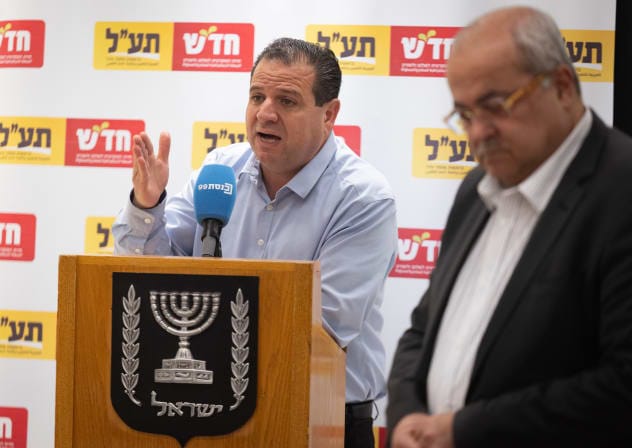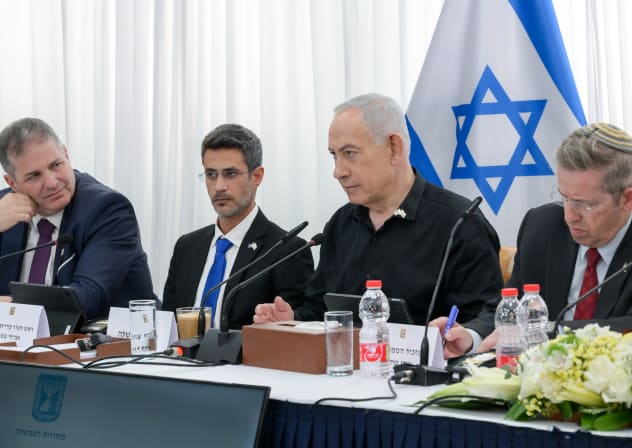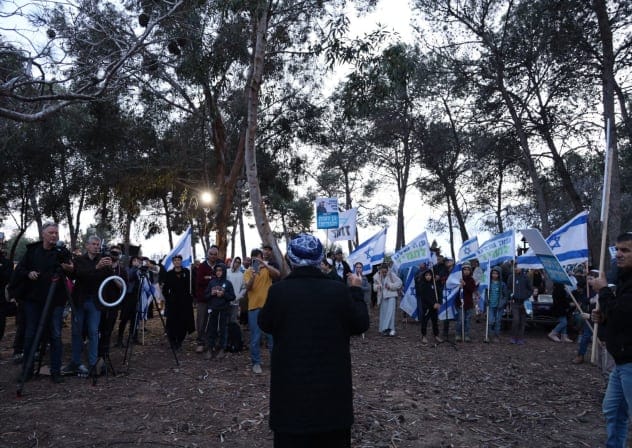Jerusalem through Ethiopian eyes: Understanding Israel's capital through its Ethiopian communities
As Jerusalem continues to evolve, the rhythms of Ethiopian heritage shape its character in unmistakable ways.

As Jerusalem continues to evolve, the rhythms of Ethiopian heritage shape its character in unmistakable ways.




A new poll by ArPanel reveals strong backing among Israeli Arabs for a unified Joint List, with 82% in favor and a clear preference for new candidates in the upcoming Knesset election.

Prosecutors rejected the soldier’s claim that he acted in self-defense and asked the court to keep him in custody until the legal proceedings are completed.

According to the KAN report, police have been in contact with the alleged victim of the conduct to file a complaint against the unnamed official.

Former defense minister Yoav Gallant responded also the newly published documents in a post on X, accusing the prime minister of lying about the activities of the defense establishment.

The documents, spanning from February 2023 to an hour before attack, show how Israel's defense echelon misread Hamas’s intentions, and characterized the terror group as deterred.

Organizers said bereaved families, families of hostages, reservists, and war-wounded joined the march to express solidarity and press for a “security-first” approach to permanent Jewish presence.

The proposal is divided into five chapters and centers on improving conditions for both teachers and students through an investment of billions of shekels in the education system.

Seven MKs voted in favor of the bill, and five MKs opposed it. It will need to pass three readings in the Knesset’s plenum to become a law.

According to experts, the Arab economy in Israel is plagued by a lack of Hebrew skills, high crime rates, and subpar public transportation. A recent event sought to find a solution.

"We noticed that they were unconscious, without a pulse and not breathing,” MDA paramedics recalled of the scene. “We began performing advanced CPR and administering medication.
